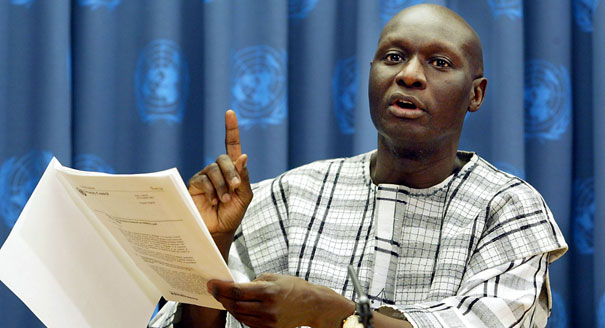
Sierra Leone 2012 National and Local Council Elections Interim Statement
Interim Statement by Mr Olara Otunnu, Chairperson of the Commonwealth Observer Group :
In spite of the shortcomings noted here, our overall conclusion is that the organisation and conduct of these elections has met international standards and benchmarks for free and transparent multi-party elections.
Following an invitation from the Government of Sierra Leone, Commonwealth Secretary-General, Kamalesh Sharma, constituted an Observer Group, which has been present in the country since 11 November. I am honoured to have served as Chair of the Group. During our time here, we have met the National Electoral Commission, representatives of political parties, civil society, media, the police, the diplomatic community as well as other national and international observers.
Commonwealth teams were based in Bo, Bombali, Kenema and Kono as well as in the capital, Freetown. Our teams observed the voting, counting, and continue to follow the tabulation. We also met with electoral officials, the security services, observers and other stakeholders at District level.
The Group was tasked with observing the election period, including the results process. We will issue a Final Report with conclusions and recommendations at a later stage.
Our presence during these elections reaffirms the Commonwealth’s long-standing engagement with Sierra Leone. The Commonwealth Observer Group carried out its duties in accordance with the standards expressed in the Declaration of Principles for International Election Observers and the Code of Conduct for International Election Observers.
The 17 November 2012 elections in Sierra Leone were the third conducted since 2002 and the first elections Sierra Leone has organised itself. They were also the first time that four elections were conducted simultaneously and a new Voters’ Register was introduced by the National Electoral Commission, capturing biometric data. Key Findings
Polling Centres
In general, voting was peaceful and orderly. We observed early and high turnout of voters, with a predominant presence of women and youth. Some polling stations did not open on time due to late delivery of election materials. Almost all these stations were however able to process voters within the allotted time. In general, we observed that polling stations closed on time with few voters remaining in the queue at 1700. However, at one polling station, our observers witnessed the reopening of the station after the initial closure at 1700. Inconsistencies in administrative arrangements, such as whether to organise voters according to their identification serial numbers or alphabetically, produced some initial confusion and delay. Although some polling centres were crowded at the start of the day, in general, the layout of the stations provided for a smooth processing of voters and secrecy of the ballot was assured. Arrangements for those with special needs and disability were not always implemented. In general, polling officials managed the stations well and were conscientious and impartial. Where there was uncertainty, we observed officials consulting guidelines or phoning the National Electoral Commission.
Vehicle Restrictions
On Election Day, police imposed restrictions on the movement of vehicles. There is consensus that this contributed to the peaceful conduct of elections. Most voters walked to their polling stations. Buses intended to transport voters were few and late. We are concerned that this arrangement disadvantaged some sectors of the population, particularly the elderly and those with disability.
Security
• Police were present at all polling stations the Group visited. They carried out their work discreetly and supportively.
Voter Education
Voter education was inadequate and appears to have been initiated late. Most voters seemed to have received the necessary information from officials on Election Day at polling stations.
Counting and Tabulation
Counting was methodical, transparent, but slow. The Group continues to observe the ongoing tabulation process.
The Campaign
Campaigning was free and robust. The Group received allegations about the use of state resources for campaigning. We also received reports that the campaign calendar was not fully respected. We received reports that money and goods had been used to influence voters, particularly the youth.
The Media
The Group observed that, with some notable exceptions, most of Sierra Leone’s media was openly partisan. Our observers noted that the Independent Radio Network provided impartial news and information on the election.
Political Parties
Although nine parties participated in the election, it is notable that the campaign, as well as provisional results, has been dominated by the two established political parties, the All People’s Congress and the Sierra Leone People’s Party. Emerging parties drew attention to the issue of an unequal resource base.
Nomination Fees
The significant increase in nomination fees for candidates was controversial. In spite of the short term subsidy, this remains a concern.
Women and the Election
The number of women candidates was low and gender disparity remains a concern. There were some disturbing incidents of intimidation and violence against women at polling stations. The Women’s Situation Room is an innovative monitoring exercise. Their operations centre in Freetown allowed voters and observers to call in and log issues of concern. Reports of these incidents were then immediately forwarded to the National Electoral Commission and to the police. The Women’s Situation Room also brought focus on gender issues.
National Observers
The Group was impressed by the fact that there were many national observers from a diverse range of civil society organisations, who were highly visible on Election Day. In particular, the role played by the National Elections Watch was significant. Their Citizen Situation Room provided accurate and regular updates, and is compiling a comprehensive data base.
Conclusions
Our overall conclusion is that the organisation and conduct of these elections has met international standards and benchmarks for free and transparent multi-party elections. In spite of some of the shortcomings noted in this statement, it is our considered view that the magnitude of these shortcomings has not materially affected the integrity of the process to date. We urge all concerned to ensure that the transparent and peaceful character of the electoral process witnessed thus far will continue to inform the remainder of this exercise. We appeal to all the people of Sierra Leone to observe the highest level of responsibility and restraint until the end of the process and the official announcement of results. The Commonwealth Observer Group sees this as an opportunity to further consolidate democratic gains, to strengthen the peace which has been achieved and to continue on the path of social and economic recovery in Sierra Leone. We congratulate the people of Sierra Leone for ensuring peaceful and transparent elections so far. This is a remarkable achievement. We hope this spirit and conduct will continue until the end of the process.
Freetown, 19 November 2012

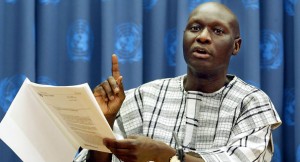
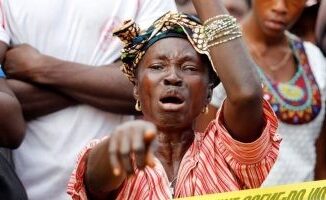

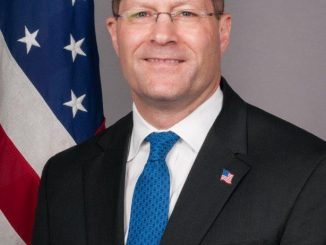
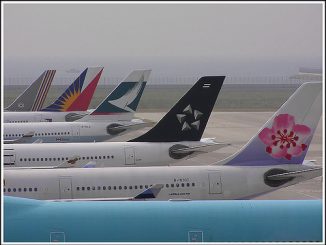
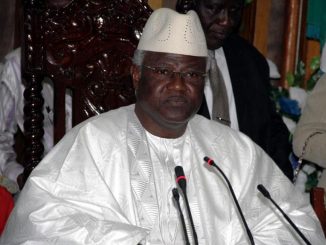
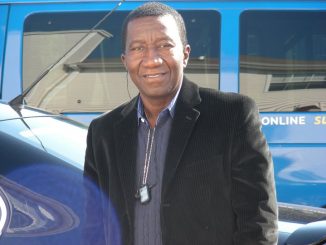
Leave a Reply